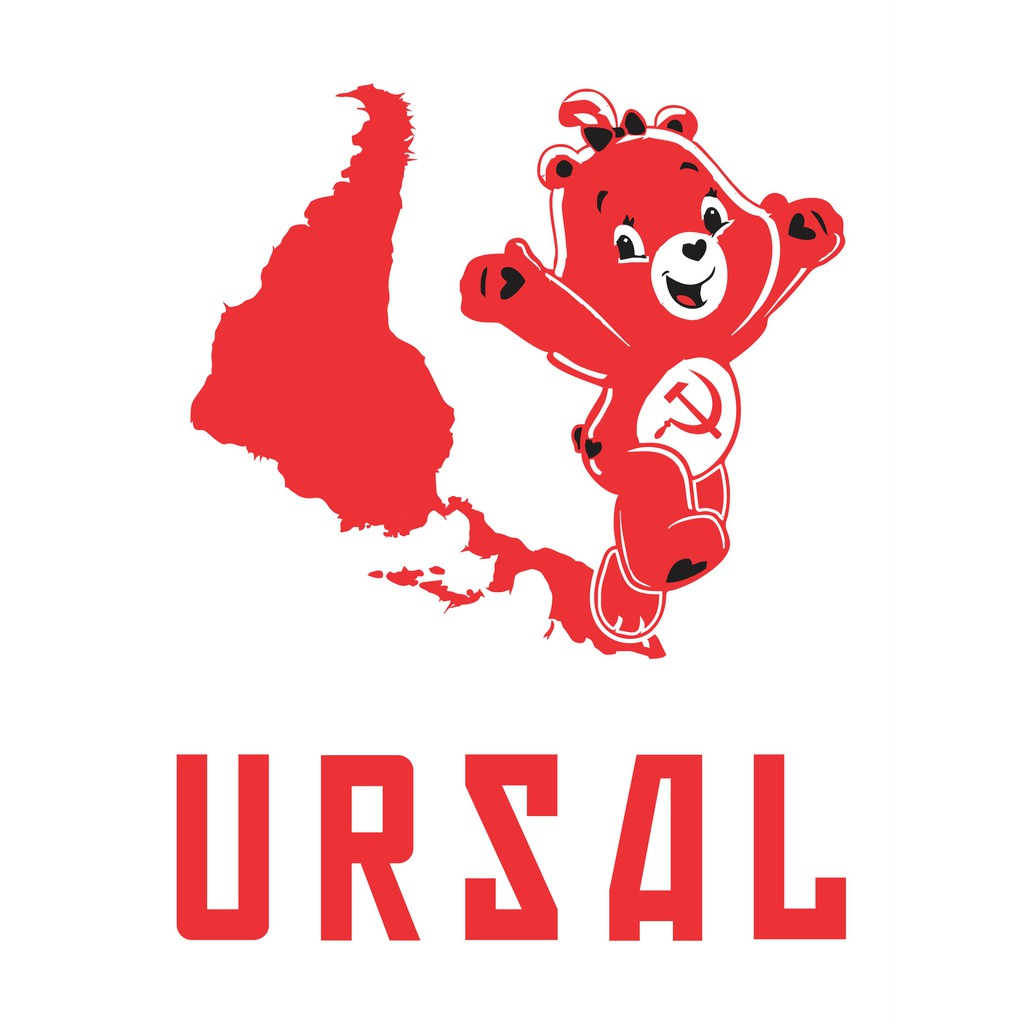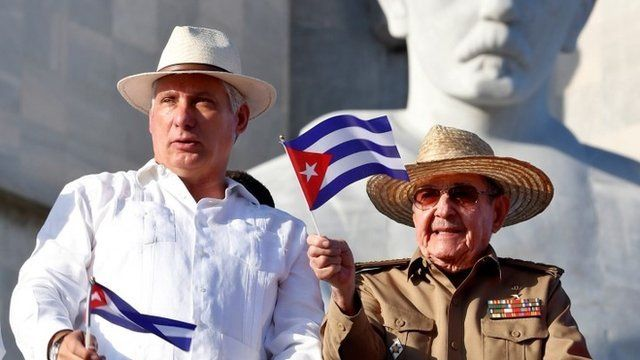Article
The Chilean left chooses communist Jeannette Jara to challenge the unstoppable right wing for the presidential election in November.
The Chilean left has chosen this Sunday the candidate who will represent them in the first round of the presidential elections on November 16th against the relentlessly advancing right: Jeannette Jara, 51, a member of the Communist Party. With 77.5% of the votes counted, the public administrator, lawyer, and master's degree holder in public management obtained a resounding 60.5%, compared to the social democrat Carolina Tohá, who reached 27.6%. The representative of Gabriel Boric's Broad Front, Representative Gonzalo Winter, came in third with 8.9%, while Congressman Jaime Mulet, of the Green Social Regionalist Federation (FRVS), came in last with 2.9%. Jara's election marks a milestone for the Chilean Communist Party: it is the first time since the return to democracy in 1990 that this political force, which opposed the center-left governments of the transition, has successfully installed a candidate from its ranks in the race for La Moneda, supported—at least institutionally—by the entire party. The result of this primary, in turn, represents a major blow to the moderate forces of progressivism—embodied by Tohá in this internal competition—who are once again subjugated to the radical sectors of the left.
The unity of the left will be a major test starting tonight. The campaign has intensified in recent weeks, and the fundamental differences have been exposed to the public, especially between Tohá—who began the race as the favorite—and the winning candidate. “Where [the Communist Party] has governed around the world, countries have stagnated socially and poverty has spread,” the 60-year-old social democratic political scientist charged in one of the debates. Both former ministers in Boric's government—Tohá of the Interior and Jara of Labor—showed that they embody very different perspectives on the role of the left in 2025 and the needs of a country like Chile, which has stagnated economically for more than a decade and faces urgent challenges such as the security crisis. In this campaign, both sides highlighted fundamental differences regarding the coexistence of the state and the market, economic growth, crime management, foreign relations, and the control of illegal immigration, among other issues.
"The important thing is that, at the end of the day, the progressive sectors will all be united behind a single candidacy," President Boric stated this morning, addressing a concern across the political spectrum: whether, given the vast gaps between the official proposals and the heated competition, the result will generate dispersion and whether the winner—Jara—will actually have a torrent of political power to confront a right wing that has the winds in its favor. The opposition, in fact, benefits from the fact that the communist militant was chosen. This is especially beneficial for Matthei, who, with Tohá out of the running, will try to win over the moderate sectors of the center and center-left who are unwilling to support a candidate from the radical left.






